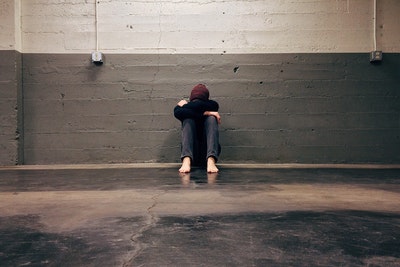
03 Aug Understanding Trauma
Traumatic events are common, and most people will experience at least one during their lives.
Trauma is the result of extraordinarily stressful events that shatters your sense of security, making you feel helpless in a dangerous world.
Psychological trauma can leave you struggling with upsetting emotions, memories, and anxiety that won’t go away. It can also leave you feeling numb, disconnected, and unable to trust other people.
Most people recover with the help of family and friends, but for a percentage of people they will go on to develop mental health conditions such as PTSD, depression and anxiety.
There are 2 main types of trauma, single incident and complex.
Single incident trauma occurs with `one off’ events. It is commonly associated with Post Traumatic Stress Disorder (PTSD). Single incident trauma can occur from a events such as a bushfire, flood, sexual or physical assault in adulthood, or from fighting in a war.
Complex trauma:
- is usually interpersonal i.e. occurs between people
- involves ‘being or feeling’ trapped
- is often planned, extreme, ongoing and/or repeated
- often has more severe, persistent and cumulative impacts
- involves challenges with shame, trust, self-esteem, identity and regulating emotions.
- has different coping strategies. These include alcohol and drug use, self-harm, over- or under-eating, over-work etc.
- affects emotional and physical health, wellbeing, relationships and daily functioning
Trauma associated with a single incident needs a different approach to complex trauma.
Sometimes people do not even realise the presence of complex trauma.
The positive thing to know is that there are very good treatments available for trauma. These include EMDR, Trauma focused CBT and ACT.
Recovering from trauma takes time, and everyone heals at their own pace. But if months have passed and your symptoms aren’t letting up, you may need professional help from a psychologist.
Seek help for trauma if you’re:
- Having trouble functioning at home or work
- Suffering from severe fear, anxiety, or depression
- Unable to form close, satisfying relationships
- Experiencing terrifying memories, nightmares, or flashbacks
- Avoiding more and more anything that reminds you of the trauma
- Emotionally numb and disconnected from others
- Using alcohol or drugs to feel better
Seeking assistance for trauma can be scary. Taking that first step may be hard but certainly worthwhile. Know that a Psychologist will work at your pace and provide you tools so that processing your trauma is not overwhelming.
If you would like to know any more about trauma or would like some assistance with a trauma you have experienced, contact us today.
